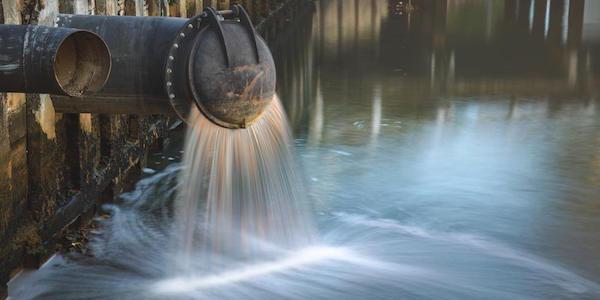Drinking water is naturally corrosive to the pipe system that carries it into the faucets and fixtures of the local population. Components like salts, ions, disinfectants and even oxygen deteriorate materials over time, which can cause serious issues with the supply. Municipal water treatment plants can avoid safety problems and consumer concerns by using corrosion inhibitors.

Plants looking for top quality municipal or industrial water treatment chemicals should go to the supplier CCC Chemicals for help. They have acquired solutions from the best water treatment chemical companies from across the globe. The collected products are approved by significant groups in the water treatment industry — they are certified by the National Science Foundation and they meet the standards of the American Water Works Association.
They have a long list of corrosion inhibitors that can limit material deterioration. To get the solutions that pertain to your specific system, you should contact the industry leading chemical company right away and talk to one of their trained representatives to see which one of the products will achieve the best results. The following is a sample of some of the corrosion inhibitors that they can offer to your plant:
- Aquamag NSF
- Borax
- Sodium Sulphite
- Phosphoric Acid
- Tricarboxylic Acid
Corrosion inhibitors play a considerable role in helping municipalities maintain a safe water supply. They limit the leaching of toxic metals, which can make the water undrinkable and can put the population at risk. The corrosion of lead piping is a current public concern because even a minuscule amount of the ingested contaminant can impact human health. Particularly with young children, the effects of lead poisoning can cause significant and permanent neurological damage — this means that they are likelier to develop behavioural problems and life-long learning disabilities.
Here is a short list of other signs and symptoms that can show up with lead poisoning:

In addition to the lowered risk of contamination, corrosion inhibitors can make sure that the citizens feel comfortable with what comes out of their taps. Depending on the location and the type of chemicals used in treatment, water can develop different flavours and colours. People assume that these tap water tastes are signs that there is something wrong or even dangerous going on with the municipal supply — the reality is that harmful viruses and contaminants can’t be easily detected through a water’s smell or flavour.
One complaint could be that the flavour of the water seems metallic, which can happen when galvanized plumbing is corroded and makes the supply smell and taste like zinc. The same can happen with copper plumbing systems, resulting in a strong bitter or medicinal flavour. Both of these situations can be avoided when the proper corrosion inhibitors are used during the treatment process.
Neglecting corrosion inhibitors has the potential to be disastrous, causing major supplies to be contaminated and putting people’s health at risk. If plants don’t want the local population to use bottled water over whatever comes out of their tap, they need to use these chemical solutions.